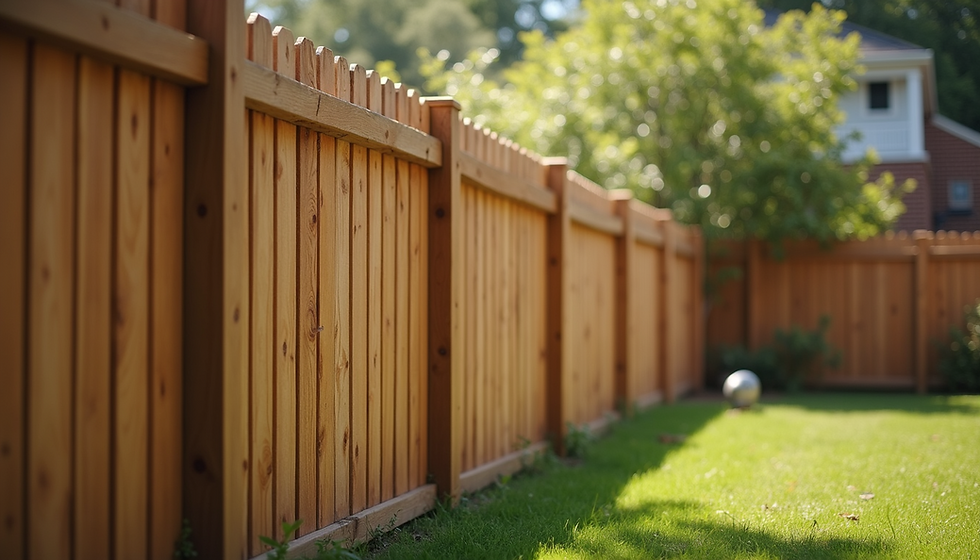Why We Dry Pack Our Concrete At Central Florida Fence Company.
- Mikey
- Apr 17, 2023
- 2 min read
Updated: Apr 28, 2023
Increased Strength: Dry packing concrete is typically stronger compared to traditional wet mix concrete. This is because the absence of water allows for a higher cement-to-aggregate ratio, resulting in a denser and more durable concrete mix.
Reduced Shrinkage and Cracking: Dry packing concrete minimizes the risk of shrinkage and cracking that can occur in traditional wet mix concrete. This is particularly beneficial in applications where minimizing shrinkage and cracking is critical, such as in structural repairs or applications where durability is a concern.
Improved Bonding: Dry packing concrete can provide better bonding properties as it allows for better contact between the aggregate and the cement. This results in improved adhesion to existing concrete surfaces, masonry, or other substrates.
Precise Placement: Dry packing concrete is typically hand-placed or tamped into place, allowing for more precise placement and shaping compared to traditional wet mix concrete, which requires formwork. This makes dry packing concrete suitable for applications where precise filling or repairs are needed, such as filling voids or repairing small cracks.
Reduced Risk of Water-related Issues: Since dry packing concrete uses minimal water, it reduces the risk of issues associated with excess moisture, such as freeze-thaw damage, efflorescence, and corrosion of reinforcing steel. This can make dry packing concrete a preferred choice in cold climates or areas with high groundwater levels.
Faster Setting Time: Dry packing concrete typically sets faster compared to traditional wet mix concrete due to the lower water content. This allows for quicker turnaround times and faster completion of the project.
Versatility: Dry packing concrete can be used in a variety of applications, including repairing cracks, openings, or breaks in concrete surfaces, creating a slope or pitch in floors, forming structural components, and more. It can be used for both vertical and horizontal applications, making it a versatile option for various concrete repair and construction needs.
Overall, dry packing concrete offers several benefits, including increased strength, reduced shrinkage and cracking, improved bonding, precise placement, reduced risk of water-related issues, faster setting time, and versatility.





Comments